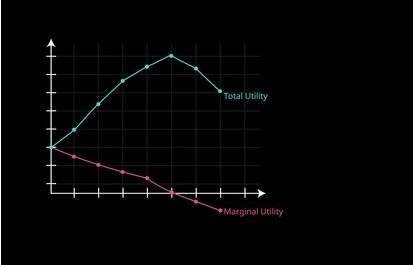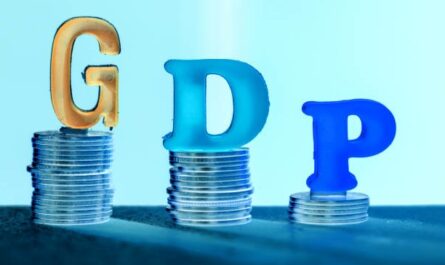📊 Net National Product (NNP): Meaning, Formula & Importance in Economics
🔍 Introduction
In economics, understanding the true value of a country’s income is crucial. While Gross Domestic Product (GDP) and Gross National Product (GNP) are widely discussed, Net National Product (NNP) offers a more refined perspective. It adjusts for depreciation, showing a clearer picture of how much a country really earns.
Let’s explore what NNP is, how it is calculated, and why it matters.
📘 What is Net National Product (NNP)?
Net National Product (NNP) is the total market value of all final goods and services produced by the citizens of a country (GNP) after deducting depreciation.
✅ Definition:
“NNP is the GNP of a country minus the depreciation on its capital goods.”
🔢 Formula:
NNP=GNP−Depreciation
💼 Components of NNP
-
Gross National Product (GNP): The total income earned by a country’s residents both domestically and abroad.
-
Depreciation (Capital Consumption Allowance): The decline in the value of physical assets like machinery, tools, and buildings due to usage and aging.
🧮 Example Calculation
Suppose:
-
GNP of India = ₹300 lakh crore
-
Depreciation = ₹30 lakh crore
Then:
NNP=₹300 lakh crore−₹30 lakh crore=₹270 lakh crore
This ₹270 lakh crore is the actual income the country has produced after accounting for wear and tear.
🏛️ Types of NNP
1. NNP at Market Price:
Includes indirect taxes, excludes subsidies.
NNPMP=GNP−Depreciation
2. NNP at Factor Cost (National Income):
Adjusts NNP at Market Price for taxes and subsidies.
NNPFC = NNPMP−Indirect Taxes + Subsidies
NNP at factor cost is also known as National Income.
📉 Why is NNP Important?
-
✅ More Accurate than GNP: GNP doesn’t consider depreciation; NNP corrects this.
-
✅ Better Policy Planning: Helps governments assess how much income is sustainable.
-
✅ True Economic Performance: Reflects how efficiently a nation is using its capital.
-
✅ Investor Insights: Investors can gauge long-term growth without capital loss distortions.
🔄 NNP vs GDP vs GNP
| Metric | Includes | Excludes | Focus |
|---|---|---|---|
| GDP | Output within national borders | Overseas income | Domestic economy |
| GNP | National residents’ income globally | Foreign-owned domestic production | National earnings |
| NNP | GNP minus depreciation | Capital consumption | Sustainable national income |
🌏 Relevance in Developing Economies
In countries like India, where infrastructure and machinery depreciate quickly, NNP offers a more realistic picture of growth than GDP or GNP. While GDP may rise, if depreciation is high, NNP growth may be slow or even negative—signaling caution to economists and policymakers.
🧠 Final Thoughts
Net National Product may not be as popular in media headlines as GDP, but it’s a far more accurate tool to measure a nation’s true economic well-being. By considering depreciation, NNP presents a clear view of the country’s net economic output—what is actually available to use or invest after accounting for lost capital.





